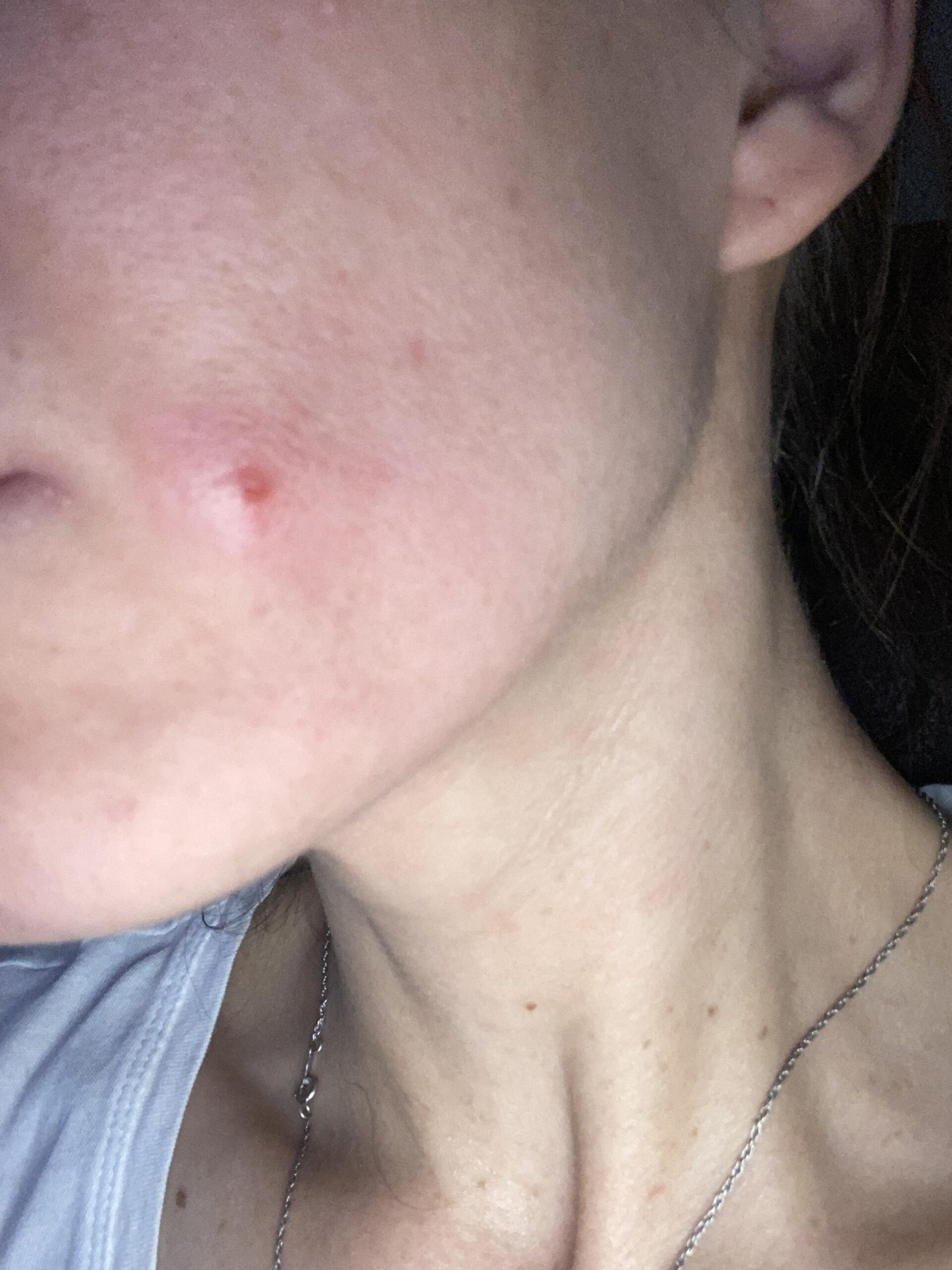Dealing with open pimples can be frustrating, but applying tretinoin directly to them might offer a solution you’ve been searching for. This powerful retinoid is clinically proven to accelerate skin cell turnover, meaning it can help heal those pesky blemishes faster and more effectively than many other topical treatments. By promoting quicker healing, tretinoin on open pimples can minimize scarring and redness, leaving your skin looking clearer and more even-toned. Experience the difference a targeted approach can make in managing active breakouts.
Many find that applying tretinoin to open pimples helps reduce inflammation and speeds up the drying process. This means less discomfort and a shorter healing time compared to letting the pimple run its natural course. This targeted application can be particularly beneficial for those prone to inflamed, cystic acne, where quicker healing is crucial to prevent further damage and scarring. The accelerated cell renewal also helps prevent future breakouts by unclogging pores and promoting a healthier skin texture.
While using tretinoin on open pimples offers significant benefits, it’s vital to remember that proper application and skincare routine are key. Always start with a pea-sized amount and apply gently to the affected area. Remember to follow the instructions provided by your dermatologist or the product packaging meticulously. Consistent use, combined with a gentle cleansing routine and sun protection, will maximize the positive effects of tretinoin and minimize potential irritation. This is a powerful tool, but using it correctly is paramount for optimal results.
Ultimately, using tretinoin directly on open pimples represents a proactive approach to acne management. It’s a strategy that addresses the problem directly at its source, promoting faster healing and potentially minimizing long-term scarring. For those seeking a potent and effective solution for active breakouts, incorporating tretinoin into your skincare routine might be the key to achieving clearer, healthier-looking skin. Remember to always consult a dermatologist before starting any new skincare regimen, especially if you have sensitive skin or pre-existing conditions.

